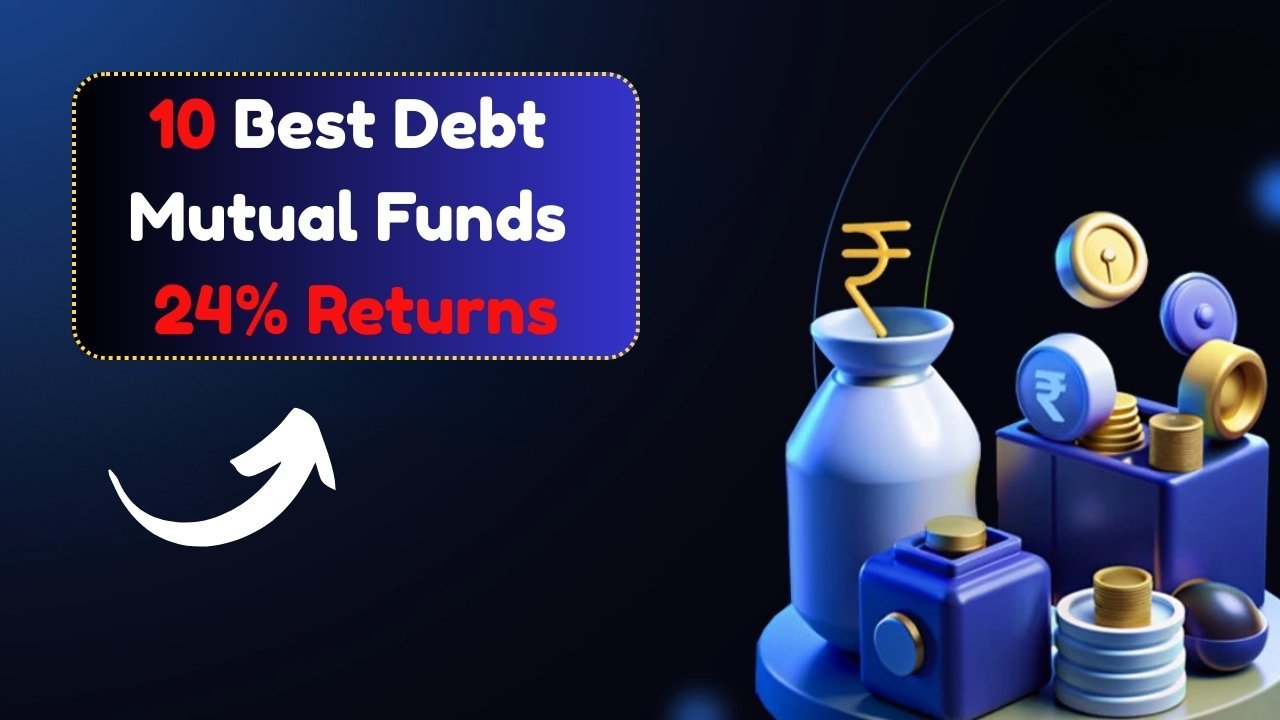Government jobs in India have always been considered stable, reliable, and prestigious. Beyond the basic salary, many government departments also provide incentives, allowances, and special schemes that make them even more attractive. In 2025, several new opportunities have opened up where eligible candidates can not only secure a steady job but also earn additional incentives that can increase their monthly income by up to ₹15,000. For students, job seekers, and working professionals looking to enhance their financial stability, this is an excellent chance to explore.
Why Government Jobs Are in High Demand
A government job is not just about the paycheck. It represents job security, fixed working hours, and guaranteed retirement benefits. Unlike private sector jobs, where sudden layoffs or market fluctuations can affect employment, government jobs provide long-term security. With added incentives, such as house rent allowance, travel allowance, and performance-linked bonuses, the overall income becomes quite competitive with private companies.
Moreover, in recent years, the government has taken initiatives to motivate employees through incentive-based programs. These not only boost productivity but also provide additional income that can make a real difference in day-to-day life.
Understanding Government Job Incentives
Incentives are rewards offered to employees in addition to their basic salary. They can be performance-based, region-based, or need-based. For example, an employee working in rural or difficult terrains may receive a hardship allowance, while someone who delivers outstanding performance in their department may get a performance bonus.
Incentives can also be linked with government schemes. Certain welfare programs encourage participation by providing monetary rewards. For example, employees engaged in rural development projects, health campaigns, or skill development initiatives often receive additional income apart from their regular salaries.
Sectors Offering Incentives in 2025
This year, various government departments have announced opportunities that include attractive incentive packages. Healthcare, rural development, education, and digital services are some of the sectors where extra payments are being introduced.
Healthcare workers engaged in vaccination drives and health awareness campaigns are eligible for monthly incentives. Teachers working in remote or underdeveloped areas are also entitled to additional payments as hardship allowance. Similarly, employees under digital transformation projects, such as e-governance services, receive bonuses linked to performance and targets achieved.
These opportunities mean that many employees can boost their monthly income by ₹10,000 to ₹15,000 depending on their role and posting location.
How to Apply for Incentive-Based Jobs
The application process for these jobs usually follows standard government recruitment procedures. Notifications are published on official websites and employment newspapers. Candidates need to meet eligibility criteria related to age, education, and experience. Once selected, the incentive component is clearly mentioned in the offer details.
For certain programs, existing government employees can also apply to take part in incentive-based projects. For example, a government teacher may volunteer for literacy missions and earn additional payments. Similarly, healthcare workers can join public health drives and get extra monthly incentives.
It is important to stay updated with official job portals and government recruitment boards to avoid missing out on these opportunities.
Example of Incentive Opportunities
Take the example of community health workers who, apart from their fixed honorarium, receive performance-based incentives for vaccination coverage, maternal health care, and awareness drives. In some states, these incentives can add up to ₹12,000 to ₹15,000 a month.
Another example is teachers working in remote tribal regions. Along with their basic salary, they get special allowances that can increase their income significantly. Employees in rural development schemes are also rewarded based on targets achieved, making their monthly earnings higher than average.
These examples show that government incentives are not just limited to senior officers but are available to workers at multiple levels.
Benefits of Choosing Incentive-Based Jobs
Choosing a government job with incentives is beneficial for many reasons. Firstly, the additional income helps meet rising living costs without needing extra employment. Secondly, it motivates employees to perform better in their roles. Thirdly, it helps in career growth, as incentive-based performance often gets noticed during promotions and transfers.
For young aspirants, it is also an opportunity to serve society while securing financial stability. Working in healthcare, education, or rural development not only pays well but also provides job satisfaction through social contribution.
Challenges to Keep in Mind
While incentives are attractive, they may also come with challenges. Some roles require postings in rural or difficult locations where living conditions are tough. Others may demand extra working hours or higher targets. Therefore, aspirants should carefully read the terms of incentive programs before applying.
It is also important to remember that incentives are not always permanent. They may depend on government policies and budget allocations. However, even if temporary, they offer a great opportunity to boost monthly income.
Preparing for Upcoming 2025 Opportunities
With competition for government jobs increasing every year, preparation is the key to success. Candidates must keep an eye on official job notifications, prepare for written exams, and ensure their documents are in order. Apart from general government exams like SSC, UPSC, and state-level PSCs, many incentive-based positions are filled through direct recruitment drives.
Staying connected with employment portals and regularly checking state government websites is essential. Aspirants should also use this time to build relevant skills, especially in areas like digital services, education, and healthcare, which are expected to see more openings in 2025.
Conclusion
Government jobs have always been regarded as a secure career option, but with added incentives, they have become even more rewarding. In 2025, sectors like healthcare, education, and rural development are offering opportunities where employees can earn up to ₹15,000 extra per month. While these jobs require dedication and sometimes challenging postings, the financial and social rewards make them highly attractive.
For job seekers who want stability, growth, and additional income, government job incentives are an opportunity they should not miss this year. By preparing well and staying updated with official notifications, aspirants can secure not only a job but also a brighter financial future.
Disclaimer
The information shared in this article about government job incentives and opportunities in 2025 is for general awareness and educational purposes only. Recruitment notifications, salary details, and incentive structures may vary according to official government policies, departments, and locations. Readers are advised to refer to official government portals, employment news, or authorized notifications before applying for any job. The author or publisher will not be responsible for any errors, changes, or outcomes based on the information provided here.



